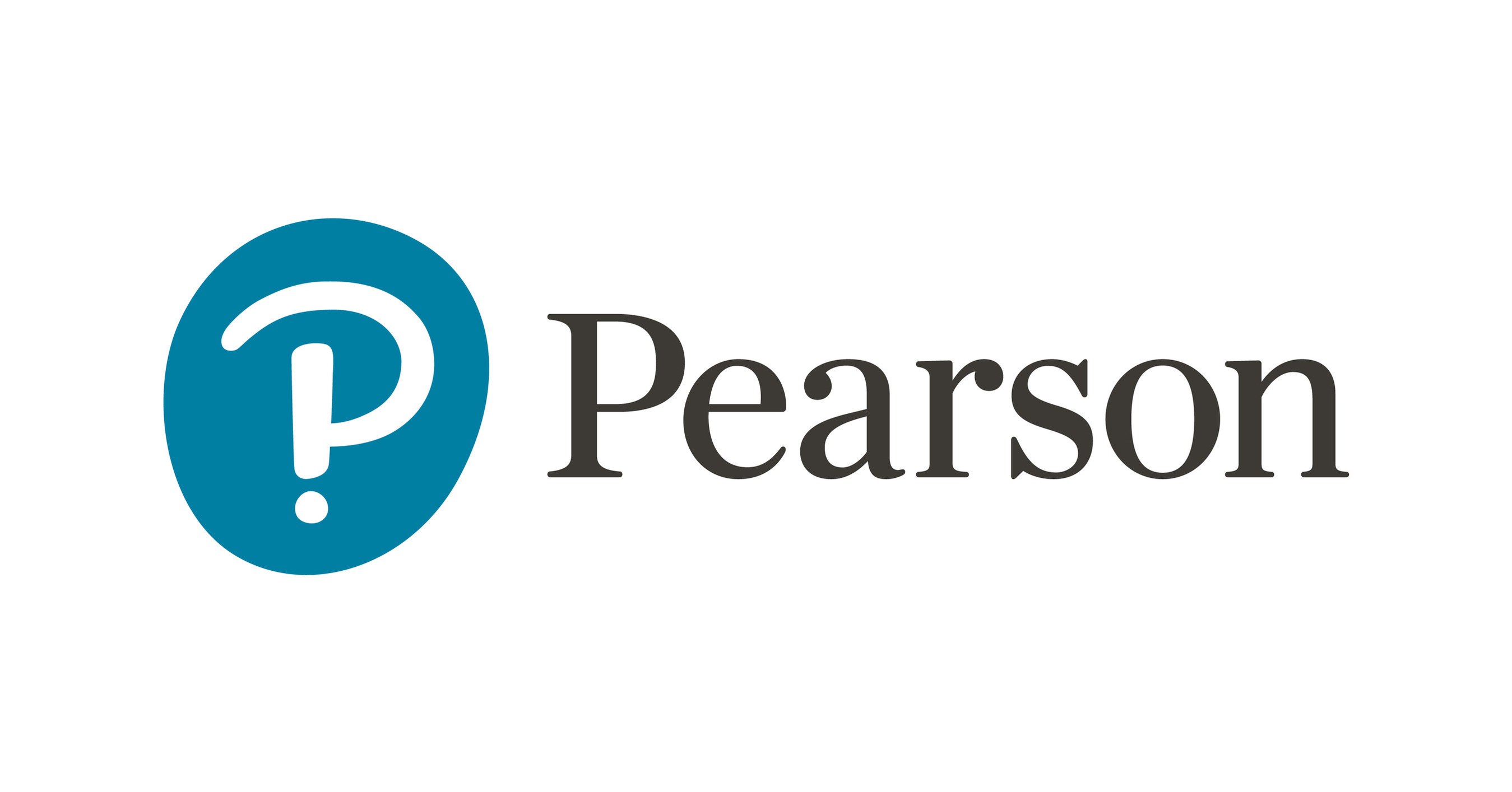
Practical Fire Alarm Installation SRF BTEC Level 3
Classroom course with practical element, full tutor support and qualification
Tavcom Training
Summary
- Exam(s) / assessment(s) is included in price
- Tutor is available to students
Add to basket or enquire
Location & dates
Claylands Road
Southampton
Hampshire
SO321QD
United Kingdom
Overview
The requirement to install fire alarms to not just meet but exceed industry standards has never been higher.
In an area that is so widely publicised, this practical fire alarm installation training course is suited to installation companies or individuals wishing to improve their skills and develop their knowledge of addressable fire alarms systems, using best-practice techniques.
Certification
SRF BTEC Level 3 Professional Award
Course media
Description
We typically see learners on this course who are fire system engineers, or those who supervise this level, who require a better understanding of integrating fire systems with other equipment, such as access control and fire shutters. We also see a number of learners who are already installers in other areas of technology who would like to move into fire alarm installations, to add to their portfolio of skills.
The training is of a practical nature, using real systems to practice what is learnt in the lessons. You’ll have expert tutor support, ensuring your understanding is relevant and useful. Upon successful completion of the training, you’ll earn a BTEC Level 3 Certificate, which is an internationally-recognised qualification.
This training course also counts towards the Certified Technical Security Professional Register application.
What will you learn?
- Understanding the role of the inspectorates
- Understanding the Regulatory Reform Order
- Who should carry out risk assessments
- Fire alarm system design – detection types, zones sound level requirements
- Acceptable sound levels using bells or sounders
- Industry standards and how to apply them
- Understanding wire free equipment and when to use it
- Variation orders and what they mean
- Understanding the operation of different devices
- Installing smoke/Heat detectors/Smoke beams
- Installation (Theory and Practical) – conventional and analogue addressable systems
- Interfacing with access control
- Remote signalling options
- Understanding how a system should be zoned
- Zone isolators and when to fit them
- Programming addressable systems
- How to correctly calculate battery time
- How to limit unwatched activations
- Health and safety considerations
- Hands on workshop activities
- Emergency lighting systems
Who is this course for?
-Fire alarm installers, engineers, supervisors
-CCTV installers
-Intruder alarm installers
Questions and answers
I am indian electrician 10th class pass 42 years old can i do this course student visa avelbal
Answer:Hi there, We welcome learners from all round the world so you're very welcome to join us. We don't offer student visas as these are obtained in-country. Hopefully see you soon - Tavcom
This was helpful.
Reviews
Currently there are no reviews for this course. Be the first to leave a review.
Legal information
This course is advertised on reed.co.uk by the Course Provider, whose terms and conditions apply. Purchases are made directly from the Course Provider, and as such, content and materials are supplied by the Course Provider directly. Reed is acting as agent and not reseller in relation to this course. Reed's only responsibility is to facilitate your payment for the course. It is your responsibility to review and agree to the Course Provider's terms and conditions and satisfy yourself as to the suitability of the course you intend to purchase. Reed will not have any responsibility for the content of the course and/or associated materials.




